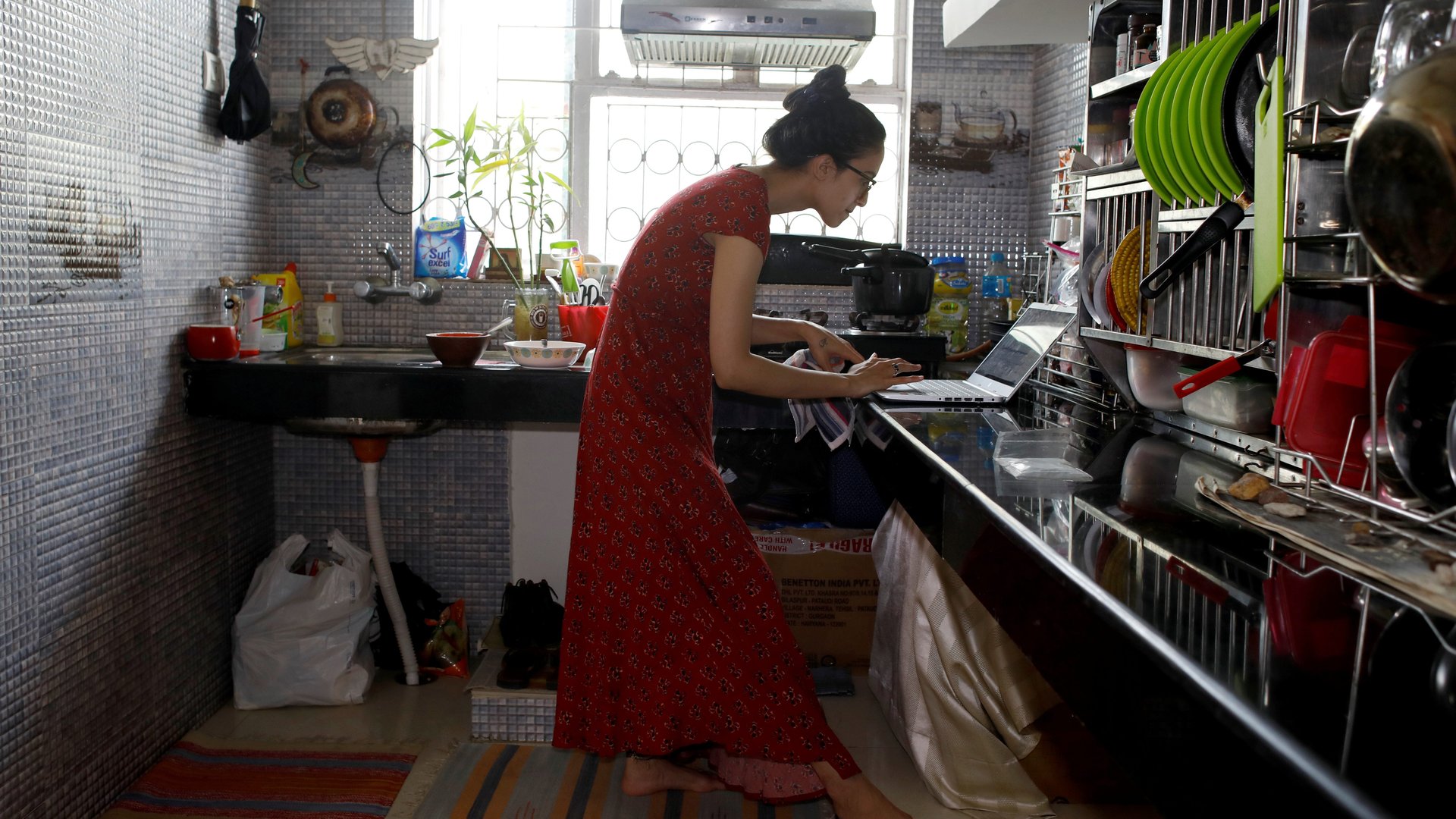The rebellious young generations that wanted workplace flexibility are missing the office most
When millennials and then Generation Z entered the workforce, they didn’t seem to be huge fans of the 9-to-5 office life. These younger generations, which had grown up with mobile technology, knew they could easily work from a café or couch, or a beach town far from the city. They demanded more flexibility, ranging from four-day work weeks to remote-work options.


When millennials and then Generation Z entered the workforce, they didn’t seem to be huge fans of the 9-to-5 office life. These younger generations, which had grown up with mobile technology, knew they could easily work from a café or couch, or a beach town far from the city. They demanded more flexibility, ranging from four-day work weeks to remote-work options.
So it may come as a surprise that the workers who miss the office most in the Covid-19 era are the youngest cohorts.
An April 2020 survey of 1,000 working Americans, conducted by software company Smartsheet, found that the youngest workers were stuggling the most with working from home, despite being the most tech-savvy. More than 70% of Gen Z and over 60% of Millennials felt less informed about what was going on at work, compared to around 50% of their older colleagues.
Of Generation Z, 48% said that communicating with colleagues had been difficult since switching to remote work, and 46% of Millennials agreed. By comparison, 35% of Generation X and 36% of Boomers agreed. Of both the younger generations, 50% said they found it hard to get status updates about their work, while only 40% of Gen X and 39% of Boomers agreed. Collecting the information they needed was a challenge for 44% of Gen Z and 42% of Millennials, compared to 33% in both older generations.
Other research also suggests that young people are struggling with remote work. In a June 2020 survey of 3,000 workers by JLL, a large professional services firm that specializes in real estate and investment management, 65% of workers under 35 said they missed the office, compared to 58% of workers overall.
There are some obvious reasons why younger people might be keenest to get back to work. They’re more likely to be single, and therefore may be experiencing the pandemic as a lonely time divided from social contacts. Older people with kids at home are more likely to be struggling with issues like childcare—logistical problems that can be at least partially eased by factors like eliminating a commute.
Younger people are also more likely to live in inner cities, meaning that their commutes are shorter and presumably less burdensome. They may well miss the social aspects of offices in a way that older, more family-oriented people do not. They’re also more likely to share tight living quarters with roommates—and during a pandemic, the options to work elsewhere than home are limited.
The pandemic has forced a huge range of companies to experiment with remote working for the first time, and prompted others, like Facebook and Twitter, to announce that workers will permanently be able to perform their roles from anywhere they choose. But when offices start to reopen, they may discover that their youngest staff are the happiest to be back at their desks.